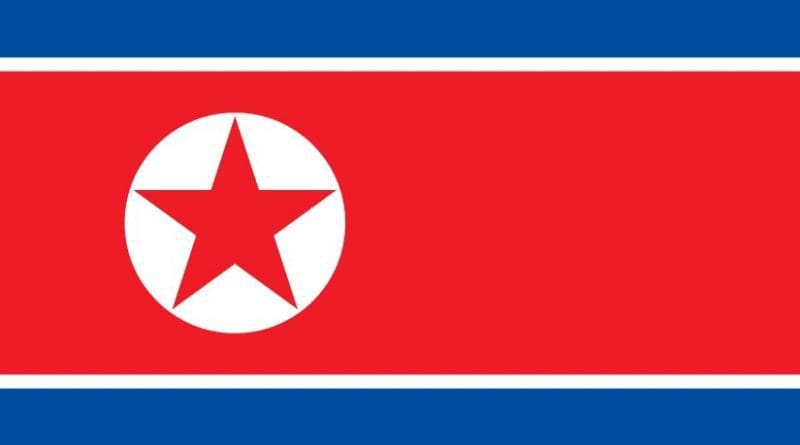North Korea Claims Successful Hydrogen Bomb Test
By RFA
North Korea said it successfully tested a hydrogen nuclear device on Wednesday, a fourth atomic bomb test by the isolated regime that drew widespread international condemnation, including from allies China and Russia.
The test, announced with bombast by North Korean state media, will be taken up on Wednesday in an emergency session by the UN Security Council, which has responded to the North’s previous nuclear tests in 2006, 2009 and 2013 with a series of economic and trade sanctions.
“The successful H-bomb test was a measure for self-defense the DPRK took to protect its sovereignty and the vital rights of the Korean nation from the escalating nuclear threat and blackmail by the hostile forces, as part of its efforts to reliably defend the peace on the Korean Peninsula and regional security,” said the official KCNA News Agency. It called the purported new weapon ” “the H-bomb of justice.”
In Seoul, local media quoted South Korean President Park Geun-Hye as telling an emergency National Security Council meeting that the test was “not only a grave provocation to our national security but also a threat to our future… and a strong challenge to international peace and stability.”
China, for decades a close ally of North Korea, said it “firmly opposes” Pyongyang’s actions.
“We strongly urge the DPRK side to remain committed to its denuclearization commitment, and stop taking any actions that would make the situation worse,” foreign ministry spokeswoman Hua Chunying told a regular briefing in Beijing.
Japanese Prime Minister Shinzo Abe slammed it as “a serious threat to the safety of our nation”.
“This clearly violates UN Security Council resolutions and is a grave challenge against international efforts for non-proliferation,” he said.
The White House vowed to “respond appropriately to any and all North Korean provocations” but declined to confirm the test, which North Korea announced after international seismology monitors recorded a 5.1-magnitude tremor next to the North’s main Punggye-ri nuclear test site.
The foreign ministry of Russia, which as the Soviet Union installed the regime of current North Korean leader Kim Jong Un’s grandfather in the late 1940s, condemned the test as “flagrant violation of international law and existing UN Security Council resolutions”.
France and Britain joined its fellow permanent members of the UN Security Council in criticizing Pyongyang.
Eyes on China
The claim of a successful hydrogen bomb test followed a comment last month by Kim suggesting Pyongyang had already developed a hydrogen bomb. Experts remained skeptical of the claim, which will require weeks of chemical testing to verify.
Kim’s latest provocation is expected to cast a fresh spotlight on China’s policies toward its problematic neighbor. Critics say that although China has evolved in the decade since Pyongyang’s first nuclear test from defending the regime and blocking censure of its behavior to voting in support of UN sanctions, Beijing’s enforcement of bans on trade remains spotty.
China remains North Korea’s main source of aid, trade and investment, but relations have become strained in recent years, over the North’s nuclear program and other mercurial behavior by Kim. Kim has yet to visit Beijing since coming to power four years ago and high-level visits and exchanges between the old Cold War allies have tapered off or been fraught with controversy in recent years.
The Washington Post quoted Chinese experts as saying that although North Korea asserted that its latest nuclear test was a response to U.S. pressure, the blast also appeared meant to demonstrate to China that Beijing’s influence on Pyongyang is not as strong as it once was.
“It also wanted to send a stronger protest message to China. North Korea wants more help from China,” the newspaper quoted Xuan Dongri, the director of Northeast Asia Studies at Yanbian University in northeast China, as saying. Xuan said communication between Beijing and Pyongyang had deteriorated.

